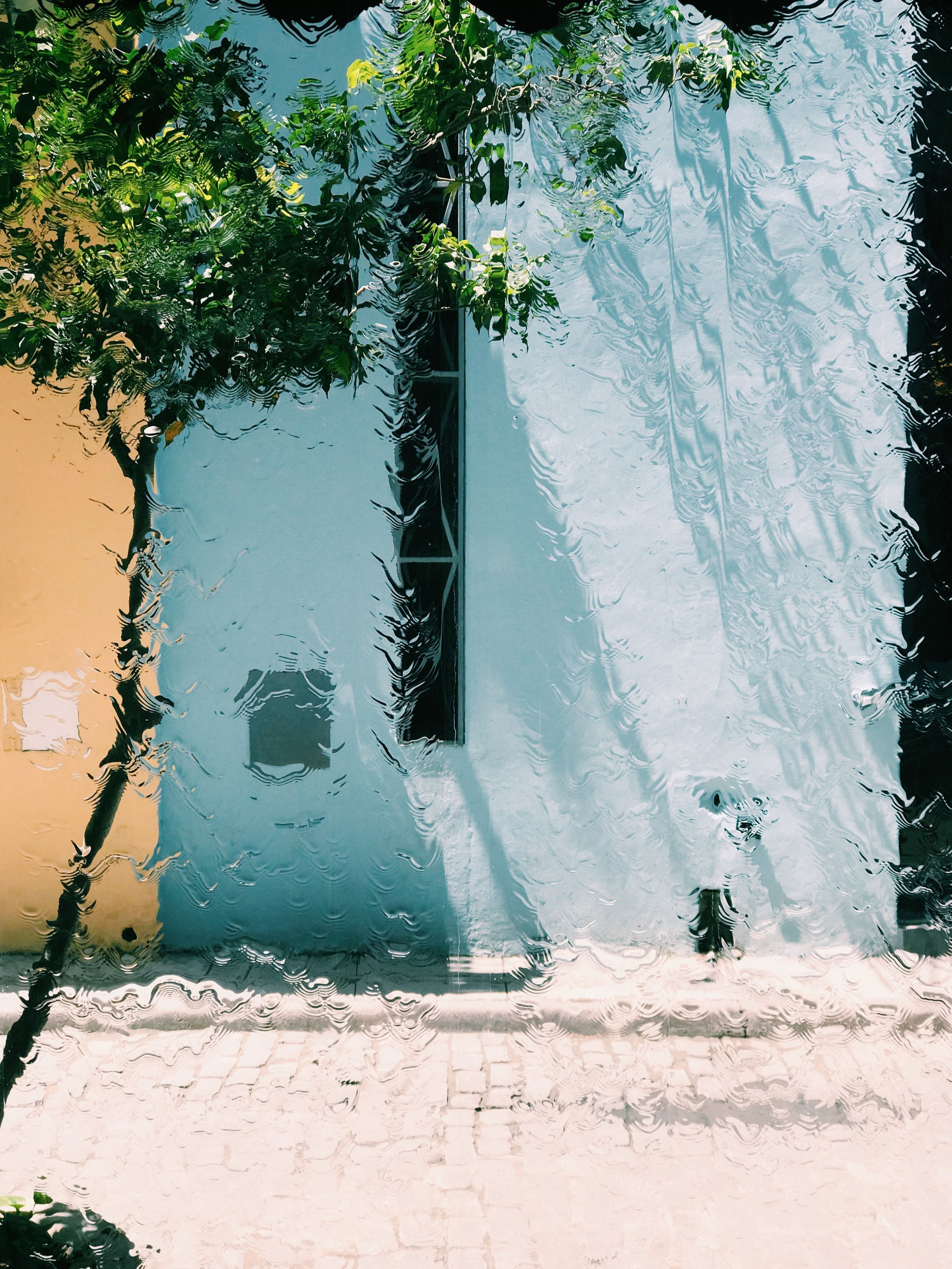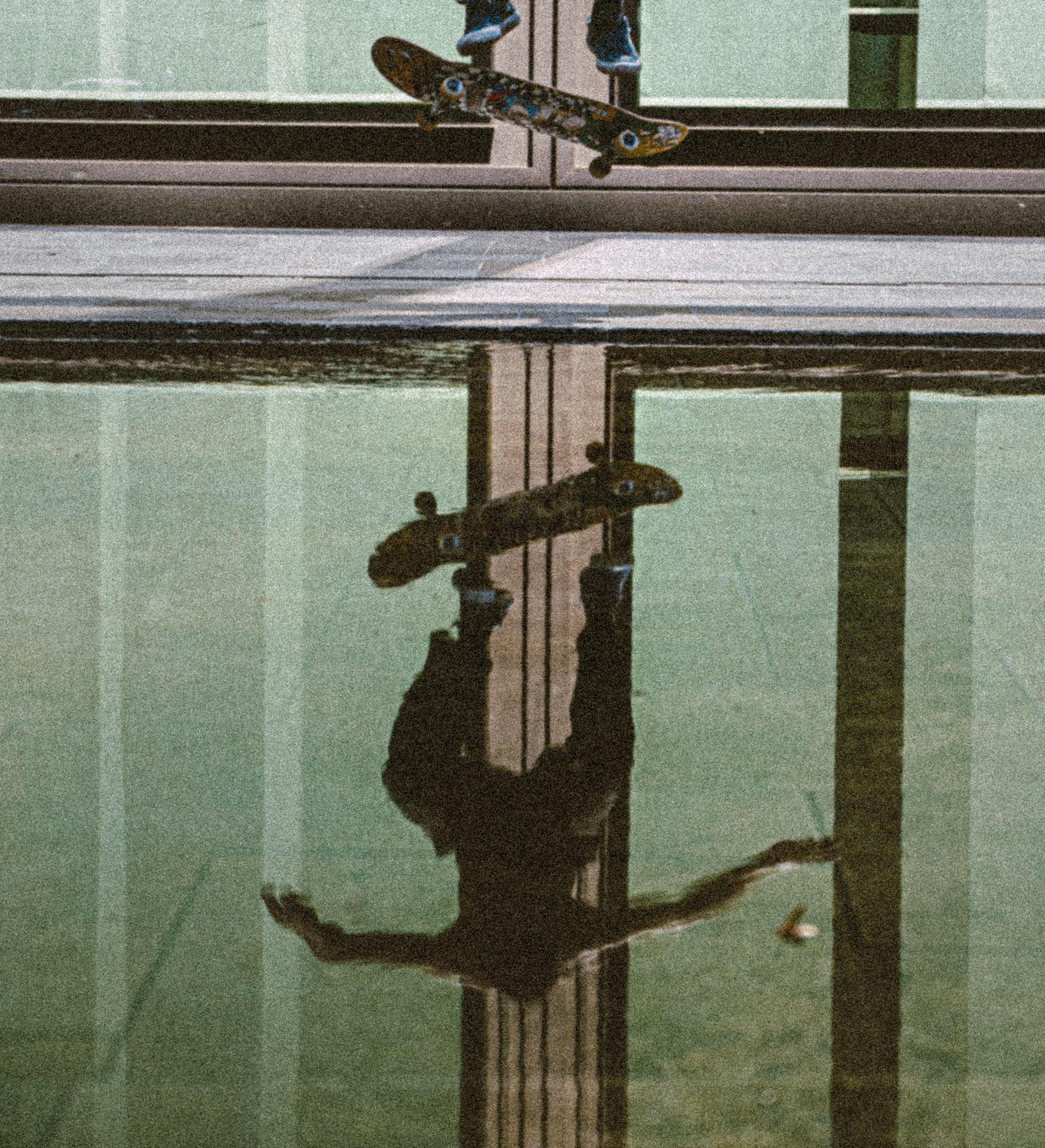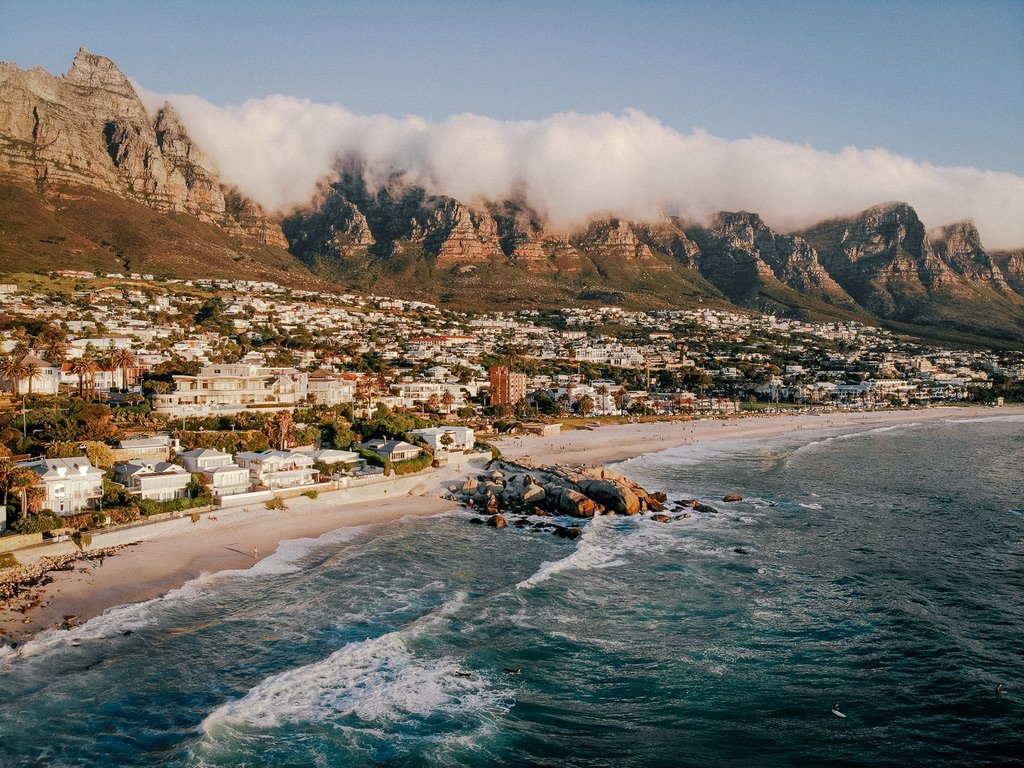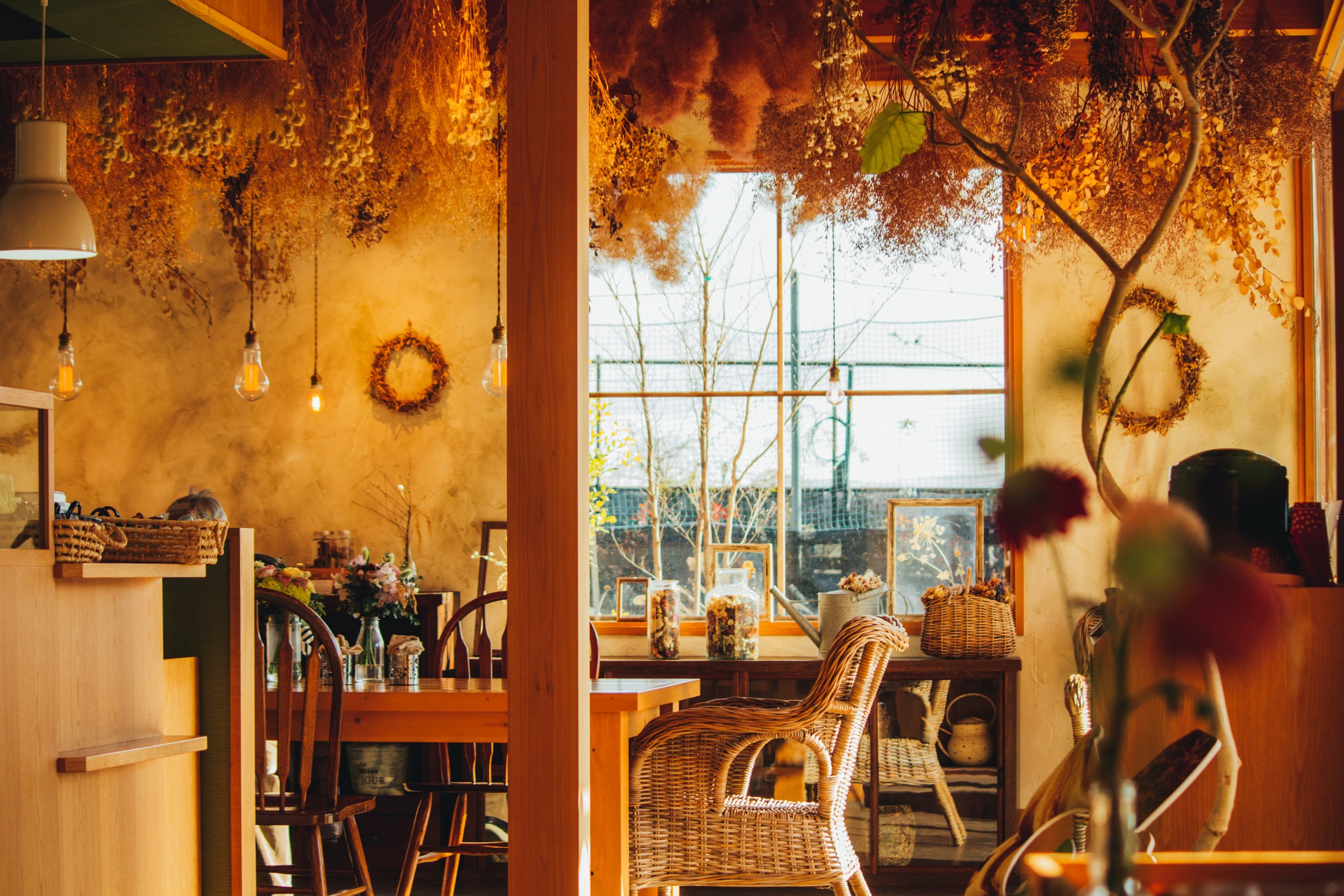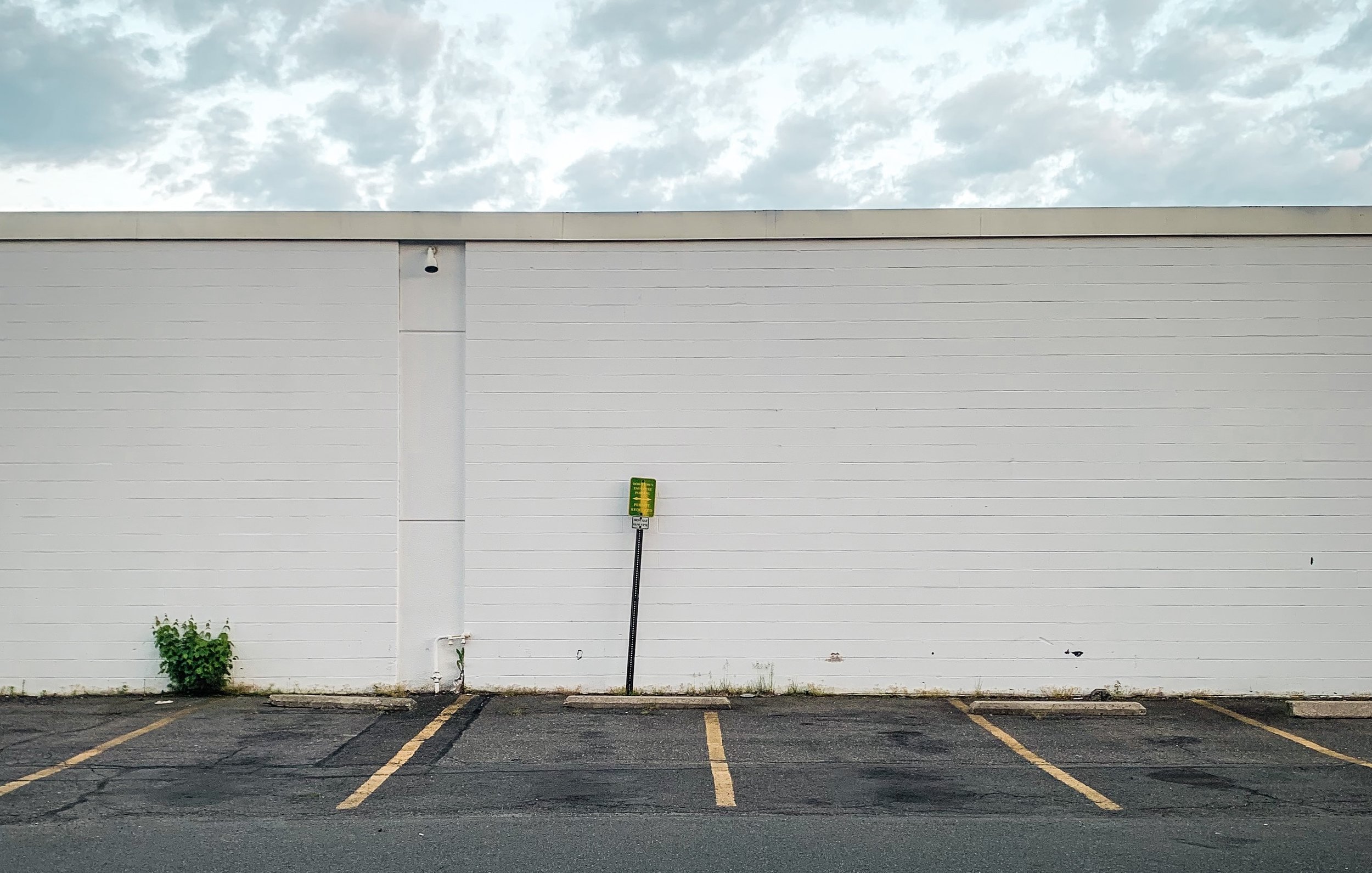To the Baby I Named in Samburu Land

I am sorry, Semliki. I’ve wanted to apologize to you for a long time and I’ll explain why eventually. You were born in a beautiful hamlet in Kenya. I was there. I heard your first cries. Witnessed your first breath. I was backpacking around the African continent for the first time.
I remember laying eyes on Lake Turkana, that enormous emerald oasis in the north. After standing in the back of a cargo truck with fellow travelers for a scorching, dusty, 12-hour ride, I saw it and screamed at the top of my lungs. It was otherworldly. As were you when we first met.
After Turkana, I ventured east, traveling through the sandy landscape towards the Ethiopian border. I slept outside near North Horr, beneath a blanket of stars. There, I met up with Rachel, my Brooklyn roommate and friend. We had the Lonely Planet guidebook, Africa on a Shoestring with us. We had heard about a guide named Moses who could take us walking through Samburu land, where eventually I would meet you. Moses told us he himself had been a former Samburu moran, or warrior, but ultimately moved away to take advantage of the emerging tourism opportunities. It was mostly budget travelers back then and Moses seemed a bit of a hustler, but he had a reputation on the backpacker circuit as a guide you could trust. We hired him after he told us we would be walking in a remote countryside and staying in local Samburu villages.
We were first introduced to your world in Marsabit and then not far from Maralal, where we were invited to watch a group of moran and young, single women telling stories as they danced in a circle, flirting with one another through songs in a long-held ritual. At one point, we lay on the ground to feel the men thumping on the earth as they leapt vertically skyward with their beautiful bodies. They appeared to compete for attention as the women bobbed up and down, singing their responses. On another day we were taken to visit an elderly medicine man in a hill village nearby, who told our fortunes over stones as he spit into our faces. He told me I would continue to travel far away.
“Our guide encouraged us to “walk like a warrior” to stay on course. “Take long strides, keep a steady pace,” he kept reminding us. We did imagine ourselves to be warriors as we continued. Two female warriors.”
Most Americans had heard about the Maasai, your semi-nomadic pastoralist ‘cousins’ who had become the poster tribe of Kenya featured in conservation campaigns and safari brochures. The Samburu were less known. Like the Maasai, however, the Samburu favored the color red in their capes and in their use of red ochre body paint. The women had shaved heads and their bodies were adorned with intricately designed, beaded jewelry.
We walked for what seemed an eternity before reaching your village. It was a demanding journey, physically. At one point massive crevices appeared in the drought-ridden road. We wove in and out of scattered acacia trees and herds of Zebra (still my favorite animal). Our guide encouraged us to “walk like a warrior” to stay on course. “Take long strides, keep a steady pace,” he kept reminding us. We did imagine ourselves to be warriors as we continued. Two female warriors. In fact, it is advice I have adhered to throughout my life.
At long last, we arrived in Oporoi, the village where you were born. It was small, just a few mud, dung, and thatch huts. Others were scattered within the Manyatta, the larger livestock hold whose walls were made of sticks and thorns. We met your mother, aunts, uncles, and older brother who were exchanging stories with fellow villagers and us while Moses translated. As darkness set in, your family and their friends proffered a gourd full of strong, homemade moonshine. By then, Moses’ translation had ceased so we were using pantomime, much to their amusement.
We slept that night on a straw mat in your mother’s small, enclosed hut. She gave birth to you that night, surrounded by women helping bring you into the world. Moonshine-tired, I slept through much of it, occasionally opening my eyes to see the goings-on through the flicker of fire, figures in shadow bent on the mud wall, and the crackling of dry sticks being added to the fire alongside the sounds of muffled groaning. I thought I was dreaming.
In the morning, I awoke to your screams, seeing you swaddled in your mother’s arms. Your adorable older brother, who was perhaps only three or four years old, suddenly turned indignant. He was jealous of the attention showered on you. “I will no longer drink your milk!” he declared to his mother in protest. She laughed, returning his proclamation with a gentle smile.
“As was customary, we drank blood from the gourd followed by a meal of freshly cooked goat’s meat.”
Your entire village thought we’d brought luck because our arrival appeared to usher in yours. So much so that we were asked to name you. To come up with the perfect name was an honor and a tall order. We didn’t want to be typical Westerners imposing English names like John or Peter, which we thought might smack of colonialism. Rachel and I thought we’d give you an indigenous name. We took out a map for inspiration. We chose a major river between Zaire (now the Democratic Republic of Congo) and Uganda named Semliki. It wound its way from the northern end of Lake Edward, flowing into Virunga National Park and beyond. The river traversed borders and ran wild, long, and fast. We wished this beauty for your life, Semliki.
We presented the name “Semliki” to the elder men of your village. Immediately, we saw disappointment in their eyes. Our hearts sank. What was wrong with the name we’d chosen? Did we offend them? Even though we were amazed to have been asked, who were we to choose a name that could potentially affect your identity?
Nevertheless, they prayed softly with what sounded like a baritone chant. They accepted your name. To celebrate your birth, Samburu warriors killed a goat with a quick slash to the neck with a sharp knife. They poured out the fresh blood from the animal into gourds. The women spun its plasma onto a stick. As was customary, we drank blood from the gourd followed by a meal of freshly cooked goat’s meat.
“Why didn’t they like the name we chose?” we asked our guide. He told us they were hoping for something more “American,” more “Western,” like “Thomas” or “John,” probably since American music and culture were very popular at that time. Naming you for some river that wasn’t even Kenyan or in your tribal lands was perhaps the equivalent of someone coming to the United States and randomly naming a baby “Mississippi” or “Rio Grande.” By the time we left they were calling you “Leeky” for short.
I’ve always wanted to apologize for the name we gave you. Maybe, though, you grew into your name and you really do run like the river you were named after? Perhaps someone reading this might have clues to your whereabouts or may know a man, once a boy, named Semliki.
ABOUT THE AUTHOR
Pegi Vail, PhD is a cultural anthropologist at NYU’s Center for Media, Culture and History and teaches documentary production in the Culture and Media Program at NYU. Her award-winning film Gringo Trails looks at the cultural and environmental effects of global tourism. She is on the curatorial team for the Margaret Mead Film Festival at the Museum of Natural History, served as a judge for National Geographic’s World Legacy Awards, and was a founding board member and curator for The Moth.
Header image by Tiaan van Zyl
Author photo by Angel Morales





